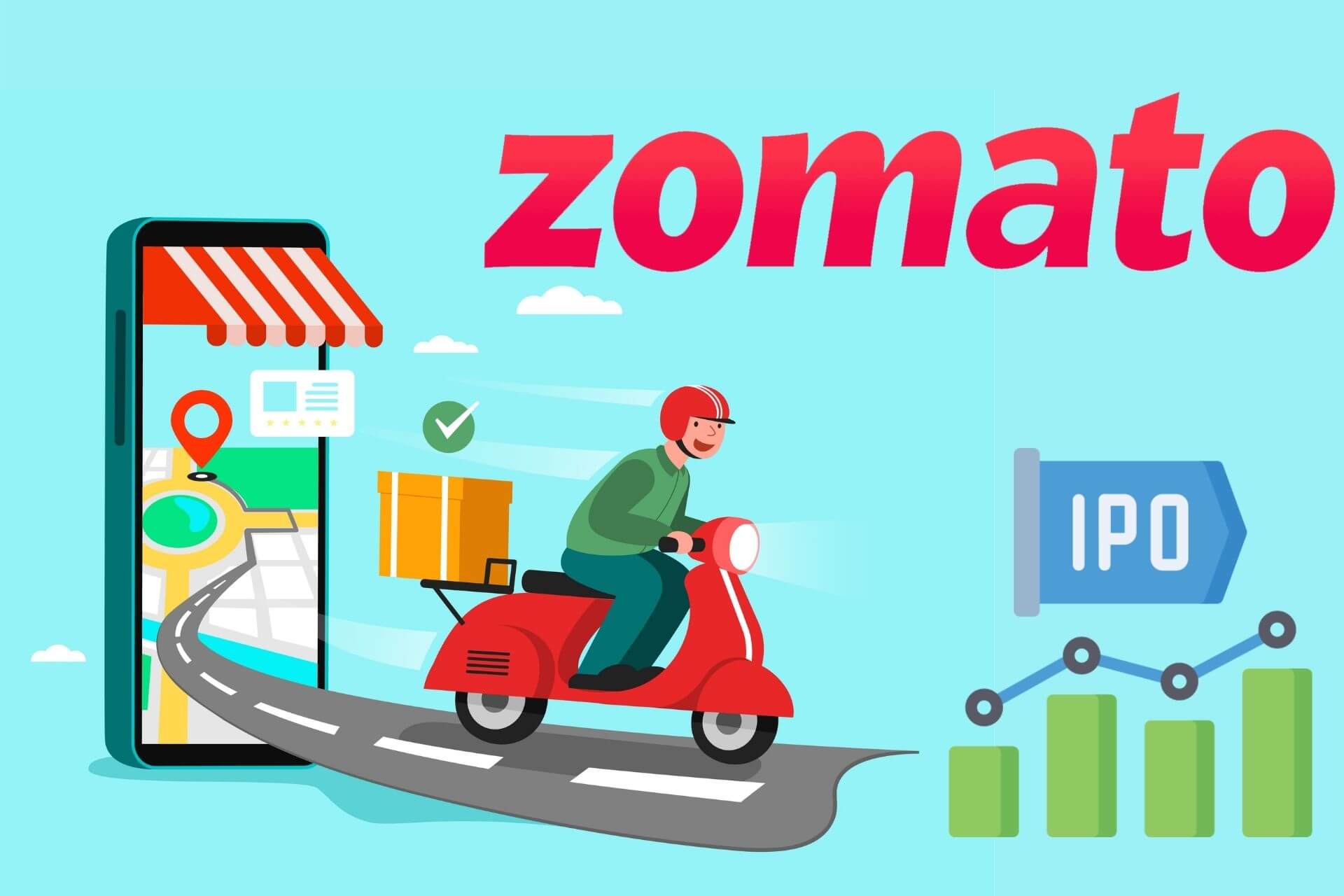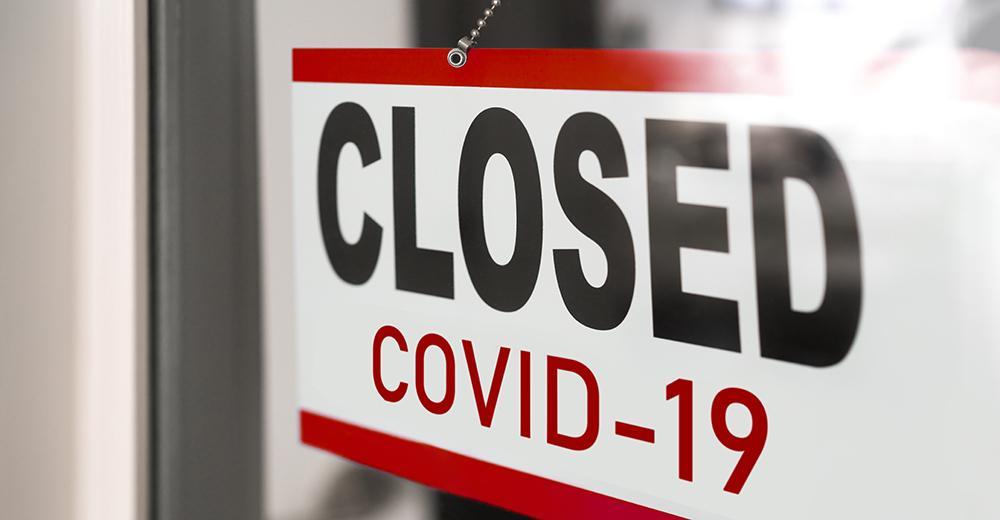AsiaTechDaily – Asia's Leading Tech and Startup Media Platform

How Has The COVID-19 Pandemic Made The Need For Automated And Sustainable Transport More Clear Than Ever Before?
The transportation industry has emerged as one of the biggest victims of the COVID-19 pandemic. With lockdowns, social distancing, curb on non-essential travel, closed borders, and work from home being the new normal, the demand for traditional modes transportation is at an all time low.
Airlines around the world have been the hardest hit since the the onset of the pandemic. In fact, International Air Transport Association (IATA) estimates that the aviation industry will lose at least $314 billion due to the pandemic. The prolonged period of suspended operations is taking a toll with companies doing whatever they can to cut costs and survive. What’s worse is nobody knows the path to revival and when to expect pre-pandemic demand levels. We already have causalities and the likes of Virgin Australia have entered “voluntary administration.” the Australian equivalent of bankruptcy.
Railways around the world have also felt the heat. For instance, Indian Railways, the lifeline of India and the fourth largest network in the world catering to a yearly passenger count of close to 10 billion shut its entire network for the first time in history. In fact, even after more than 60 days, the network is barely functional due to government regulations and reduced demand. Similar is the situation in Europe where the railways network is considered exceptional and passengers can travel freely in the entire Schengen region. There is strong deterrence for non-essential travel with border restrictions in place for many countries.
Subway/ Metro services have been impacted around the globe with strict social distancing guidelines. However, some of them are now re-opening as there is ease on lockdowns.
Similar is the situation with cruise liners, cargo, private vehicles, rentals, shared mobility services, and micro-mobility services. The demand is at an all time low and major companies are staring at bankruptcy.
However, as social distancing, wearing a mask, etc. become a new normal, and the industry revives, the post-COVID modes of transportation would see greater demand for automated and sustainable transportation systems.
AsiaTechDaily recently interviewed Robert Falck, CEO and founder of Einride especially focussed on the impact of COVID-19.
Robert Falck is the CEO and founder of Einride, a tech start-up bent on the sustainable transformation of the transportation industry, developing an intelligent road freight system based on all-electric, autonomous trucks, or Pods. Before founding Einride in 2016, Mr. Falck was a director of manufacturing engineering assembly at Volvo GTO Powertrain. A serial entrepreneur, he is a co-founder of Vnu, a nightclub business intelligence solution, The Great Wild, a hunting app, and Keyflow, an event service platform.
What are your views on the impact of the coronavirus pandemic on the industry you operate in?
Robert Falck: The COVID-19 pandemic has made the need for automated and sustainable transport more clear than ever, most importantly for reducing harmful air pollution caused by diesel vehicles, among many other sources, as well as improving the safety of everyone in the supply chain by removing unnecessary human contact, like only automation can do. Road freight was already in need of a revolution before this crisis, and now it is an absolute necessity.
How has the COVID-19 situation impacted your business in particular?
Robert Falck: It has certainly had an effect on our business, but mostly this situation has shifted our immediate interests to installing our solutions with customers as quickly as possible. This year, we are bringing more transport networks online with our Freight Mobility Platform, as well as supplying sustainable vehicle solutions like electric trucks to customers like Lidl and Oatly in Sweden. All the while, we are pushing ahead full speed with the development of our autonomous Pod.
What are your short term and long term goals to mitigate this disruption to your business?
Robert Falck: Simply put, the short-term goal is to demonstrate the effectiveness of all aspects of our solution on a customer level. Einride’s vision to revolutionize road freight follows three steps: digitization, electrification, and automation. While we have been known for our cutting-edge technology in automation, 2020 is about bringing transport networks online with the Freight Mobility Platform and supplying electric trucks to make networks more sustainable immediately. In the long term, we will be taking on new business in Europe and abroad, and installing our platform, electric trucks, and autonomous Pods in more transport networks around the world.
What are the operational adjustments you have enforced to ensure business functioning amidst this crisis?
Robert Falck: We are fortunate that at Einride, we are able to carry on most of our work remotely without putting our team or society at risk unnecessarily, so most of our operations have been conducted virtually. Our remote drive and monitoring capability for the Pod has also allowed us to continue testing safely and uninhibited, and makes the case for an autonomous future of transport abundantly clear.
When do you think is the end of the tunnel? Do you anticipate solid revival and growth for your business/industry when all this ends?
Robert Falck: Though we’re a few months into this crisis, there is still arguably more about the pandemic that we don’t know than what we are certain of. It’s difficult to put an end date on this situation, but we will remain flexible and adjust our plans according to public health recommendations from government agencies. We expect the business case for Autonomous Electric Transport (AET) to be stronger than ever in the wake of all of this, for while the safety and sustainability benefits were clear beforehand, the unique nature of this pandemic has underscored how we can improve public and environmental health by transitioning to a self-driving, emissions-free road freight solution.
For exclusive stories on the COVID-19 pandemic by AsiaTechDaily, click here.





